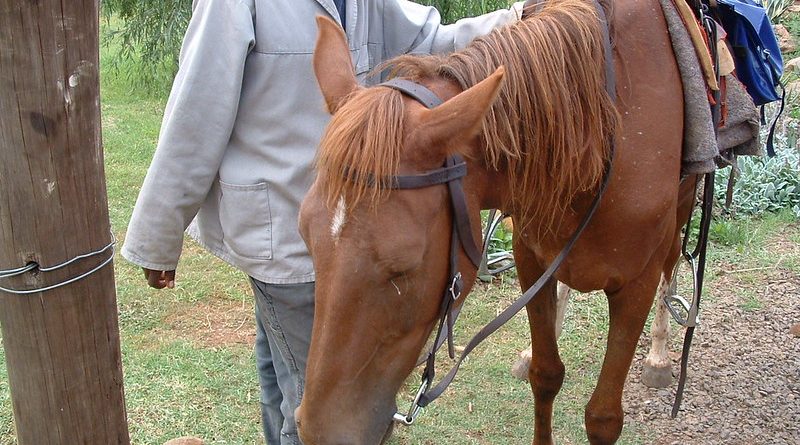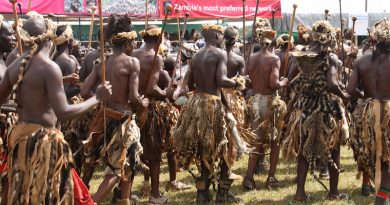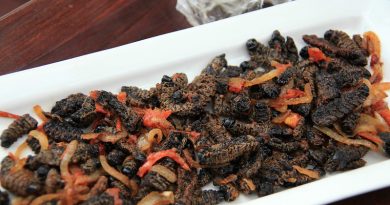Pony Trekking in Lesotho
Trek Essentials
Where: Lesotho highlands, Southern Africa
Best Sights: Beautiful waterfalls and discovering traditional Basotho village life
Your Steed: The trusty, sure footed little Basotho pony
Remember to Bring: Water, waterproofs, sleeping bag
Where It’s At
Pony trekking is an excellent way to see the highlands of Lesotho. One of the best centres is thePony Trekking Centre on the road between Maseru and Thaba-Tseka. This is located on top of the dubiously named God Help Me Pass. Treks can last as little as two hours or as long as a week depending on what you want. The former will cost about M30 ($3 US) whereas a week will be around M350 ($120 US).
Trek Essentials
Trekking in this area is on the unique Basotho Pony. They are an intriguing mix between short Javanese ponies and full mount European horses, which results in a sure-footed and gentle breed. Horses were captured by Basotho warriors in the eighteenth century and King Moshoeshoe was recorded as owning a Basotho pony as early as 1830. The Basotho Pony Trekking Centre was set up in 1983 to help preserve this distinctive gene pool. You do not need to be an experienced rider to enjoy this experience as the ponies are gentle and used to the highland environment.
You can also arrange pony trekking at Malealea, which is probably the best area in Lesotho. The guides are villagers who organise them in association with the lodge. This means that you will get a rare insight into Basotho village life as well as contributing to the local economy. Popular treks include visits to the Ribaneng and Ketane waterfalls, which will last four days and three nights. This will cost approximately M400 ($140 US). You will also need to bring food, sleeping bag, waterproofs, warm clothing, a torch, sunblock and fresh water.
More Information
Malealea Lodge & Pony Trekking Centre
Tel: + 27 (0) 51 447-3200
Fax: + 27 (0) 51 448-3001
Malealea Lodge
The website of another pony trekking centre that has excellent information on the trips and also on Lesotho.
By Electra Gilles




